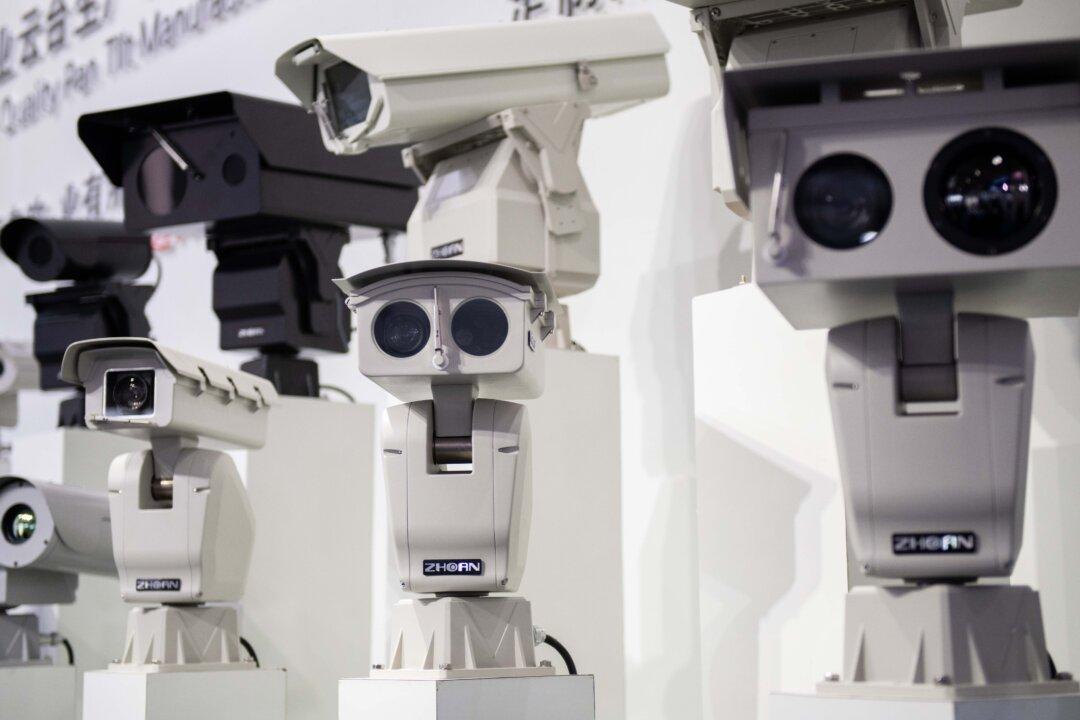Big brother is watching the Chinese a lot more than the other nations, with a recent analysis showing that Chinese cities account for 18 of the 20 most-surveilled cities in the world.
British tech comparison company Comparitech compiled the numbers of public CCTV cameras in the 150 most-populated cities in the world based on government reports, police websites, and news articles, and ranked them by number of cameras per 1,000 people.





